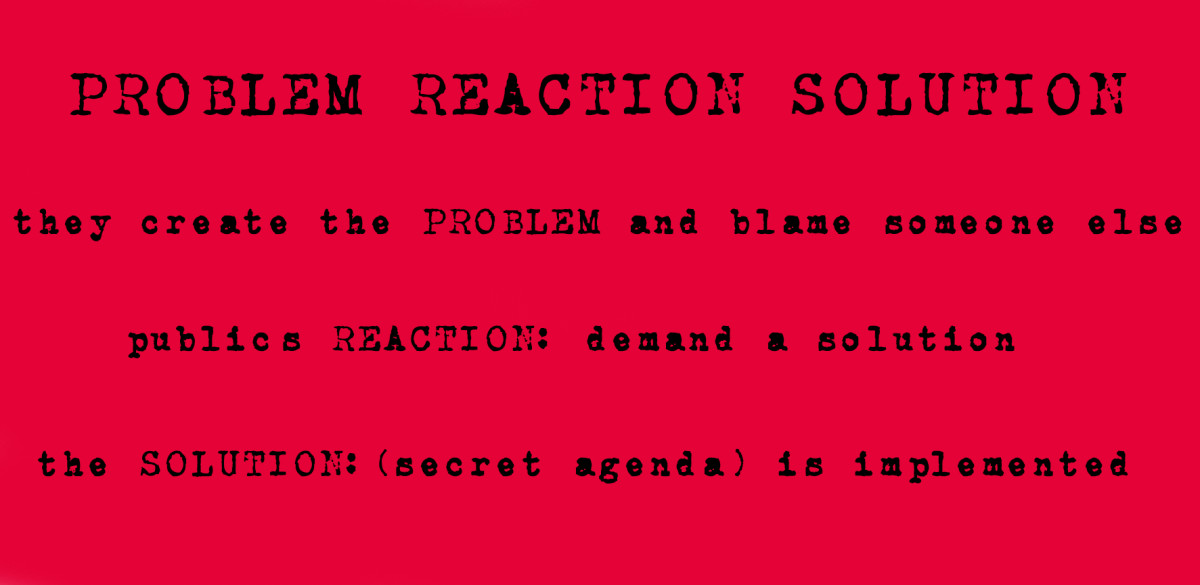What the Mainstream Media Can Learn from Glenn Beck and Mercury Radio Arts


Mercury Radio Arts - Follow the Leader
Within the span of nine years, Mercury Radio Arts has gone from an anonymous company to a copious enterprise. In 2010, according to Forbes magazine, Mercury Radio Arts pulled in a tidy $32 million in revenue[1]. It has a product sales mix pervading nearly every type of information medium from paper to digital to radio. Perhaps Mercury’s influence is most readily promulgated through its founder, Glenn Beck, the conservative talk radio personality. Mercury Radio Arts has become one of the most influential multi-media production companies in the U.S. by applying the appropriate organizational and communication models into a coherent business environment. However, when Beck decided to leave television, Mercury Radio inevitably had to create a new means of relaying its ideas to the public without losing customers. To maintain its audience and ensure future success, Mercury Radio Arts should preserve its open style of communication and continue to adapt to the marketplace.

Brief History & Success
Glenn Beck founded Mercury Radio Arts in 2002 in order “to surround [himself] with people who embodied certain values, who were creative and not afraid to fail.”[2] Mercury Radio delves into radio broadcast, television, non-profit charities, live stage-show performances, publishing, clothing, and news sites with a core set of principles and values guiding the way. Mercury Radio prides itself on the treatment of its employees and the value that each one adds to the company. For example, on its own website, Mercury Radio “strives to be honest, genuine, loyal, innovative, supportive, unafraid to fail, and unapologetically profit focused”, among other things. Beck considers “every Mercury employee to be part of my family, partners in my dream as I am in theirs. Today, Mercury is filled with employees united under a common set of values and aspirations but free to create. It is this freedom that has led to our success.” One can see why Mercury Radio Arts has become so successful over the years. Beginning with just a simple radio program and six employees, Mercury Radio has since hired over one hundred employees[3], published eight New York Times best-sellers, a news network, magazine, discount website, live-streaming video network, and risen through the ranks to become a major multi-media production company.
Corporate Environment
Only in an organization that treats its employees with the utmost respect can success be achieved. Mercury Radio obviously fits that prose. Mercury Radio seems to employ the Contingency Theory model on organization and the Open/Hidden style as far as communications. The Contingency theory basically asserts that there is no one particular way to organize or lead an organization in any given situation. In other words, each situation requires a different approach to leadership and communication. This particularly applies to Mercury Radio because they have such a diverse product sales mix that no one approach can satisfy every need. What works for the publishing department will not necessarily benefit the clothing department. Employees are involved in the entire decision-making process and their opinions are valued. Contingency Theory is essentially a manager adapting to fit a given situation as opposed to forcing the employee to fit the management style.

Mercury Radio does not have closed or blind communicators because feedback and disclosure are vitally important to the success of the company. Managers receive feedback from employees regularly and they work as a team to solve issues. When it comes to disclosure, managers reveal just enough to get the job done. For instance, Mercury Radio announced that Beck would be hosting a rally in Israel on August 24, 2011. Mercury released all the appropriate information regarding the event, but kept a few things close to the chest, as Beck would make an unannounced trip to South Africa afterwards. Mercury doesn’t ask for excessive feedback, not does it disclose too much information. After all, Mercury Radio is a business and they can’t afford to have their competition catch wind of their initiatives prematurely. A particular problem Mercury Radio encountered began when Beck decided to shift from television to the Internet.

Beck's New Project
From 2009-2011, Glenn Beck and Mercury Radio Arts were collaborating with Fox News for his television show, the Glenn Beck Program. Some viewer estimates were projected around 2.9 million in January 2010[4]. He was the second-highest-rated cable news host behind Bill O’Reilly. One TV executive said, “Glenn Beck is the highest rated regularly scheduled show in the history of cable news at 5pm.”[5] Of course with all this viewership and popularity, Mercury Radio ran into a difficult challenge when it decided to let Beck’s contract with Fox News expire in June 2011. How would Mercury maintain its audience and continue to be profitable? After all, Beck wasn’t just leaving Fox News. He was leaving television collectively in the hopes of continuing his business over the Internet. According to the U.S. Department of Energy, 98.7% of U.S. households have a TV but only 60.2% have Internet service[6]. This was risky to leave TV for the Internet. The threat of lower viewership was quite a challenge and the only real issue standing in the way of success was a subscription fee. Indeed, Beck was on cable news, which ultimately consumers pay for, but the decision to shift to Internet subscription posed a real threat in that some people might not be willing to pay the $4.95 a month. As risky as that was, Mercury Radio met the challenge with a new initiative called GBTV.
GBTV exemplified Mercury’s communications strategy. That is, to reach the consumer wherever he is. “GBTV is the future,” said Beck. “The confines of traditional media no longer apply. GBTV is about getting active in the community, participating in stories, and finding new ways to deliver news, information and entertainment directly to the audience.”[7] The success of Mercury Radio’s business strategy with GBTV can be seen already. The premiere of GBTV on September 12, 2011 boasted 230,000 subscribers, more than Oprah Winfrey’s OWN network of 156,000 viewers.[8] Beck and Mercury Radio communicate their ideas mainly through GBTV, which can be accessed anywhere Internet is available. John Hogan, the President and CEO of Clear Channel Communications, a global media and entertainment company, said, “We’ve had a long history of success with every business that Glenn and Mercury have brought to us. We’re thrilled to be able to provide a broad promotional platform for GBTV and to promote Mercury’s vision of the future to millions of consumers.” What has made Mercury Radio so successful is its determination to explore new options, push the envelope, and out-innovate competitors. It must continue to communicate to its customers that they are the best provider of entertainment and news. Mercury’s several business ventures have pushed it to the forefront of media production and it was all possible through open communication and a contingent organizational model that allowed employees to excel and change the face of the Information Age.
A more recent update on the success of GBTV, as outlined by the Wall Street Journal, can be found here.









